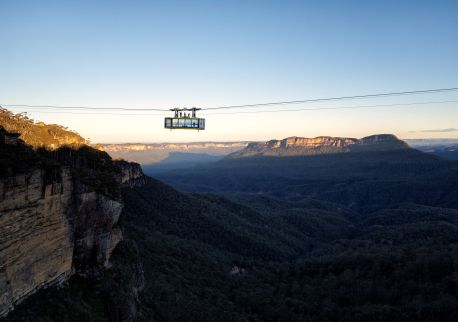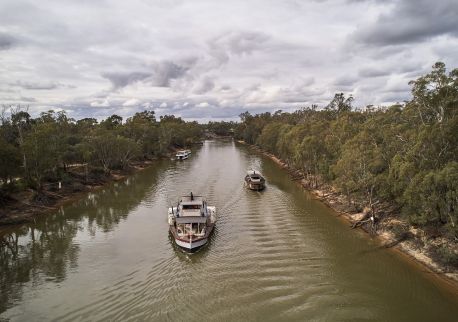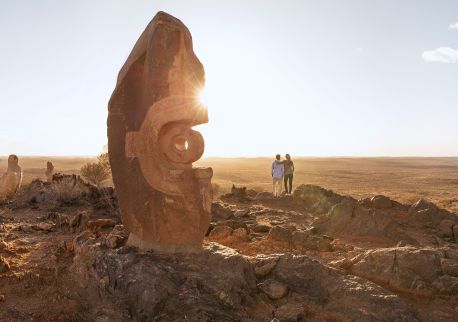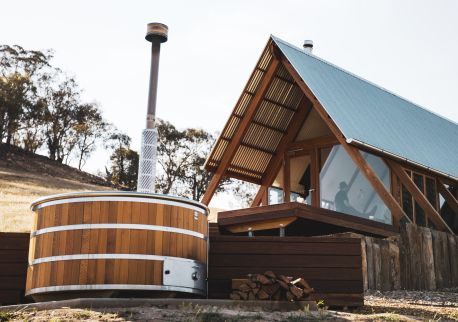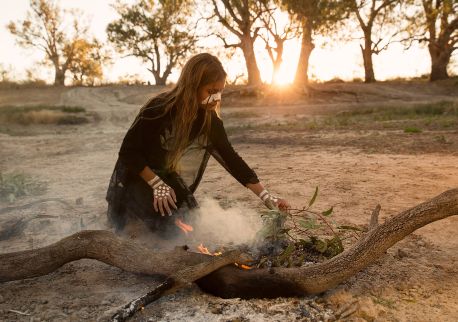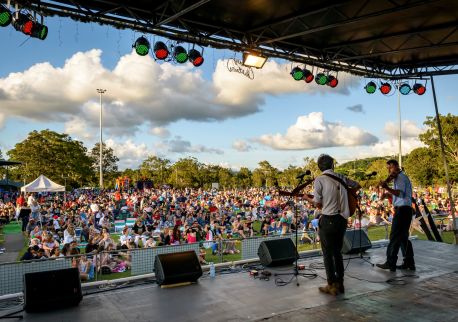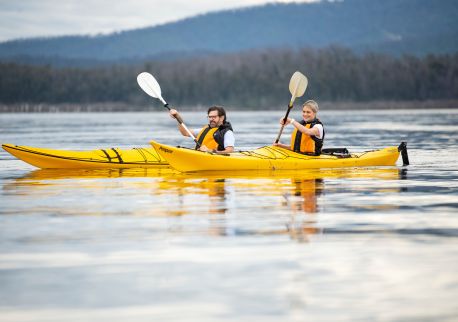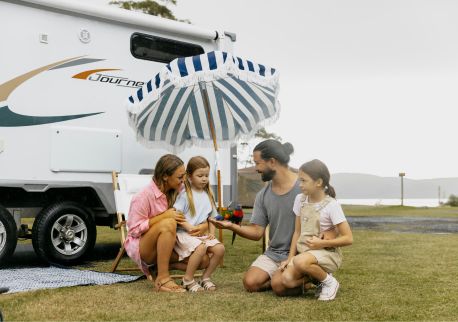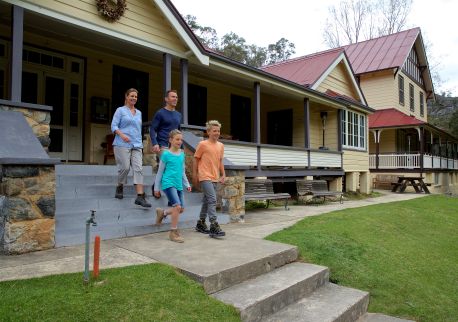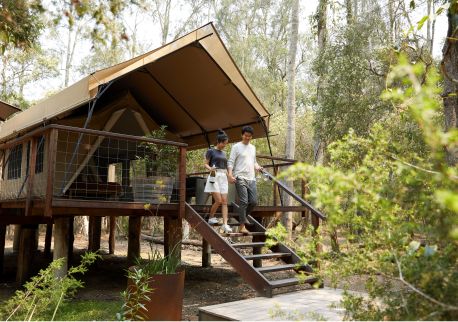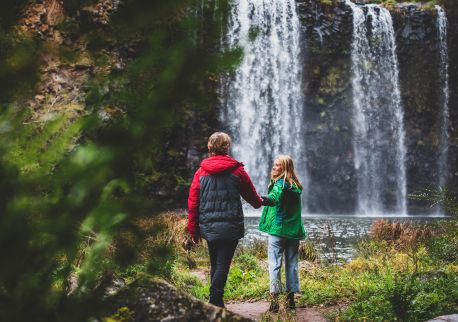Glen Innes Visitor Information Centre
Overview
The friendly team at the Glen Innes Visitor Information Centre is here to help you make the most of your time—whether you're just passing through or planning a longer stay. They can assist with accommodation bookings, travel tips, and recommendations, and the centre is stocked with local maps, brochures, unique Celtic souvenirs, and local regional produce.
Glen Innes Highlands invites you to experience their four distinct seasons, charming towns and villages, breathtaking landscapes, and World Heritage-listed national parks. With a variety of cosy places to stay, and plenty of spots to eat, drink, and shop, there's something here for every kind of traveller.
Popular activities in the region include scenic road trips, kayaking, mountain biking, fishing for the iconic Murray Cod, fossicking for sapphires, strolling our heritage-rich main street, and visiting fascinating museums in Glen Innes and Emmaville.
Be sure to explore their proud Celtic heritage at the iconic Australian Standing Stones—a national monument celebrating Celtic pioneers, and the spectacular setting for the Australian Celtic Festival held each May and Glen Innes Highlands Skywalk.
Check out their events calendar for more local highlights, including Minerama Fossicking, Gem and Jewellery Show, one of Australia's largest annual fossicking events, held every March at the Glen Innes Showgrounds.

